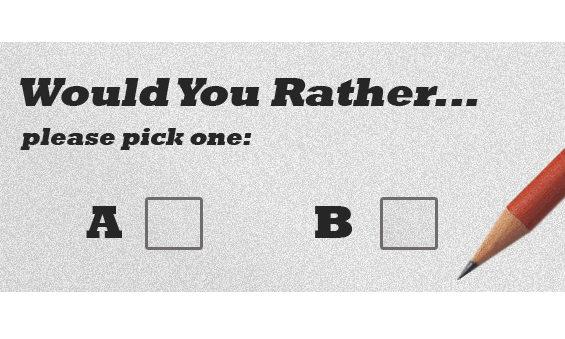
adverb
- in a measure; to a certain extent; somewhat: rather good.
- in some degree: I rather thought you would regret it.
- more properly or justly; with better reason: The contrary is rather to be supposed.
- sooner; more readily or willingly: to die rather than yield.
- more properly or correctly speaking; more truly: He is a painter or, rather, a watercolorist.
- on the contrary: It’s not generosity, rather self-interest.
- rather than, instead of: Tutoring is provided by older students rather than teachers. Rather than complain, you should try to make changes.
interjection
- Chiefly British. emphatically yes; assuredly; without doubt: Is the book worth reading?Rather!
- had/would rather, to prefer that or to: I had much rather we not stay. We would rather go for dinner after the show.Compare soon(def 8).
adjective
- Archaic. growing, blooming, or ripening early in the year or season.
adverb (in senses 1-4, not used with a negative)
- relatively or fairly; somewhatit’s rather dull
- to a significant or noticeable extent; quiteshe’s rather pretty
- to a limited extent or degreeI rather thought that was the case
- with better or more just causethis text is rather to be deleted than rewritten
- more readily or willingly; soonerI would rather not see you tomorrow
sentence connector
- on the contraryit’s not cold. Rather, it’s very hot indeed
sentence substitute (ˈrɑːˈðɜː)
- an expression of strong affirmation, often in answer to a questionIs it worth seeing? Rather!
adjective archaic, or literary
- blossoming or ripening early in the season
- eager or prompt
Old English hraþor “more quickly, earlier, sooner,” also “more readily,” comparative of hraþe, hræþe “quickly, hastily, promptly, readily, immediately,” which is related to hræð “quick, nimble, prompt, ready,” from Proto-Germanic *khratha- (cf. Old Norse hraðr, Old High German hrad), from PIE *kret- “to shake.” The base form rathe was obsolete by 18c. except in poetry (Tennyson); superlative rathest fell from use by 17c. Meaning “more willingly” is recorded from c.1300; sense of “more truly” is attested from late 14c.
The rather lambes bene starved with cold
[Spenser, “The Shepheardes Calender” (Februarie), 1579]
see had rather.
 Liberal Dictionary English Dictionary
Liberal Dictionary English Dictionary